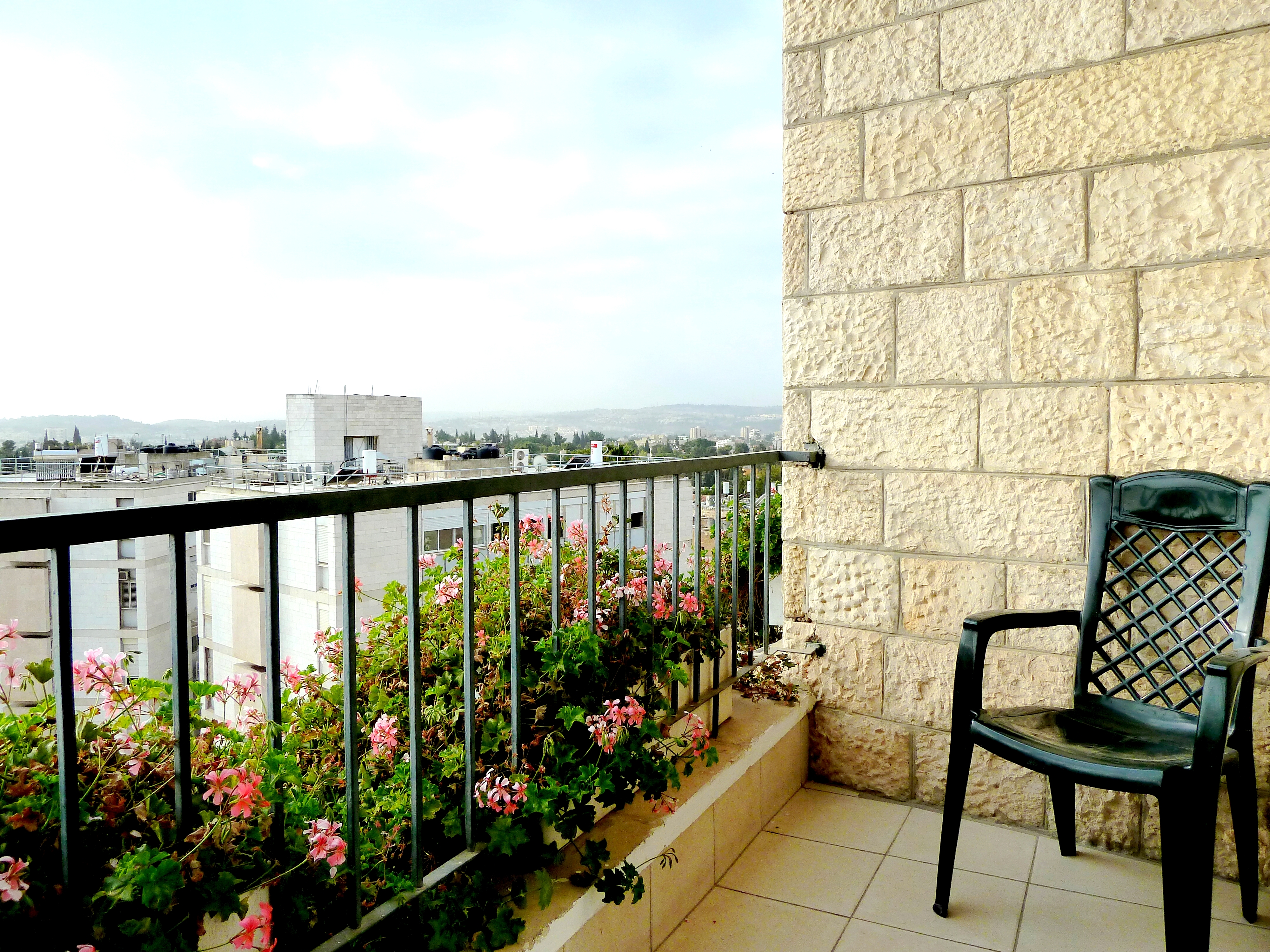What’s not to love about Ireland? The Emerald Isle is jam-packed with amazing sights, natural or man-made, that all deserve to be discovered. Aside from breathtaking natural landscapes and ancient castles, Ireland is also famous for its rich culture. Ancient castles, fascinating folklore, great traditional and modern music, tasty craft beers and pub culture, fun, and friendly locals — Ireland has it all and it’s easy to fall in love with this island country.
The catch? Ireland is a pretty expensive destination to visit. But hey, don’t let this put you off: we’re here to suggest ways to save as much money as possible when visiting Ireland. Let’s start with the travel essential that takes a huge chunk of your travel budget: accommodation.
Visiting Ireland? Here are 9 ways to lodge in the country without breaking the bank.
1. Visit a smaller town or rural area

Not all Ireland cities are created differently. Some cities are more expensive than the rest. Dublin, the Irish capital, is unsurprisingly expensive. A hotel in Kilkenny, for example, is often priced significantly less than a hotel in Dublin which offers pretty much the same thing. You can save more money while still experiencing the best of Ireland by going to smaller towns, rural areas, and places that are just slightly outside of the city centre.
2. Explore your alternative lodging options
If you’re traveling on a budget, standard hotels aren’t your best bet. Luckily, Ireland has a lot of alternative lodging options that are cheaper and even better than hotel accommodation.
You can book hostels, bed and breakfasts, guest houses, farmhouses, youth hostel, self-catering properties, and serviced apartments. You can also consider camping or homestays for a much cheaper alternative.
3. Travel during the low-season

The golden rule is to avoid the high season, like summer, as well as the major holidays wherein tourists and locals are more likely to go on a vacation. This will significantly raise the prices of hotel accommodation, airfare, and tours.
- Peak season: Summer runs from June to August. Expect higher rates on hotel accommodation and crowded tourist attractions:
- Best time to visit for fewer tourists: April, May, September, and October. Prices are low in November but they will rise again from mid-December to mid-January.
4. Know the key holidays

Major holidays, like St. Patrick’s Day (March 17), also cause the rates to climb up since they draw a large number of travelers. But if you’re planning to visit Ireland to witness its bustling and festive atmosphere, timing your travel during these holidays is worth the extra charge.
Here are notable holidays and observances in Ireland:
- St. Patrick’s Day | March 17th
- Holy Week (Good Friday leading up to Easter Sunday) | Usually on the first week of April
- May Day, or Bealtaine | April 30th
- Christmas | December 25th
- St. Stephen’s Day | December 26th
- New Year’s Day | January 1st
Take note of the “summer bank holidays” too, a.k.a the three-day weekends. Your safest bet is to avoid weekends and schedule your stay during the mid-week.
5. Mind your dining options

Stats say that it’s the 13th most expensive country in the world to reside in, and it’s no different for tourists, especially those who visit Ireland for extended periods. One of the major factors that will eat up your money is food.
Book a property with a kitchenette for more savings in the long run. If your lodging doest have a fully-equipped kitchen, go with properties with a basic microwave, fridge, and kettle or coffee maker.
6. Maximize rewards
Do you have credit card points? Did you sign up for various hotel loyalty programs or hotel credit cards? You can collect points and redeem them for free nights at hotels.
7. Don’t travel alone

Single rates can cost 10€ to 20€ ($9 to $18) more than what you’d usually pay for a shared room. Many lodging properties like B&Bs will charge the full double rate during peak season even if there’s only one person in the room. You’ll save more if you travel with a companion or group, then share the costs of the room.
8. Use technology to your advantage.
There are third-party booking sites and hotel comparison sites for searching, comparing, and booking properties — use them to your advantage to find the best accommodation for your needs.
9. Choose the best location

When choosing the best property to lodge in, location should be a priority, especially if you’re visiting a destination that’s jam-packed with interesting spots. You want to be situated close to the action. You want the top-rated attractions, shopping centers, bars, and dining places to be within your reach, perhaps a couple of minutes’ walk from your lodging.
So if you have to add a few bucks to stay in the heart of the city, do so. It’s more practical to pay a little for lodging in a central area or somewhere that’s slightly outside of the city than stay in the outskirts of town and hail an expensive cab.
Ireland is an amazing destination to tick off your bucket list. Don’t let the expensive hotel rates keep you from discovering the best of Emerald Isle!
Author Bio: Carmina Natividad is a foodie and travel blogger who hates being locked up at home. Her fondness for travel, food, and cultural appreciation makes it easy for her to write inspiring pieces of content about them. To know more about hotels and travel blogs, you may visit The Hoban Hotel Kilkenny.



















